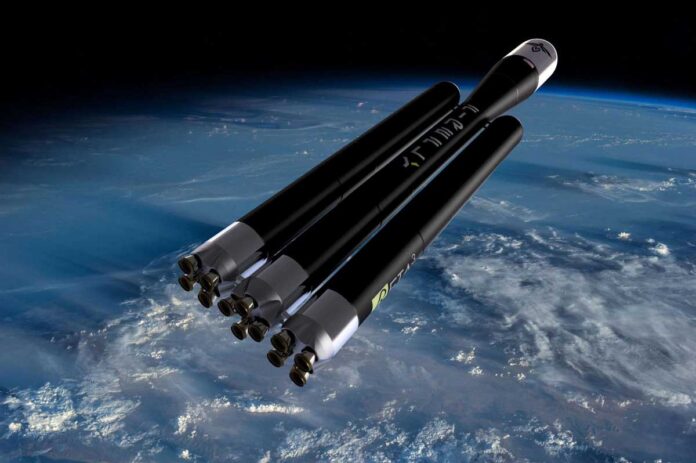On Saturday, a new aerospace company launched its second rocket into orbit and deployed a number of small satellites.
The Alpha rocket from Firefly Aerospace took off in the early morning darkness from Vandenberg Space Force Base in California and arced over the Pacific.
“100% mission success,” Firefly later tweeted.
A day earlier, a launch attempt was aborted when the countdown reached zero. The rocket’s first-stage engines ignited, but the liftoff was aborted automatically.
The payload of the rocket included a number of small satellites designed for various technological experiments and demonstrations, as well as educational purposes.
The “To The Black” mission was the company’s second demonstration flight of its foray into the market for small satellite launchers.
On September 2, 2021, the first Alpha was launched from Vandenberg, but it did not reach orbit.
One of the rocket’s four first-stage engines failed prematurely, but the rocket continued on three engines into the supersonic realm before crashing out of control.
An explosive flight termination system was then used to intentionally destroy the rocket.
According to Firefly Aerospace, the premature shutdown was caused by an electrical problem, but the rocket otherwise performed well and valuable data was obtained during the nearly 2 1/2 minutes of flight.
Alpha is built to transport payloads weighing up to 2,579 pounds (1,170 kilogrammes) to low Earth orbit.
Rocket Lab and Virgin Orbit, both based in Long Beach, California, are other competitors in the burgeoning small-launch market. Firefly Aerospace, based in Cedar Park, Texas, is also planning a larger rocket, an in-space vehicle, and a lander to carry NASA and commercial payloads to the moon’s surface.

